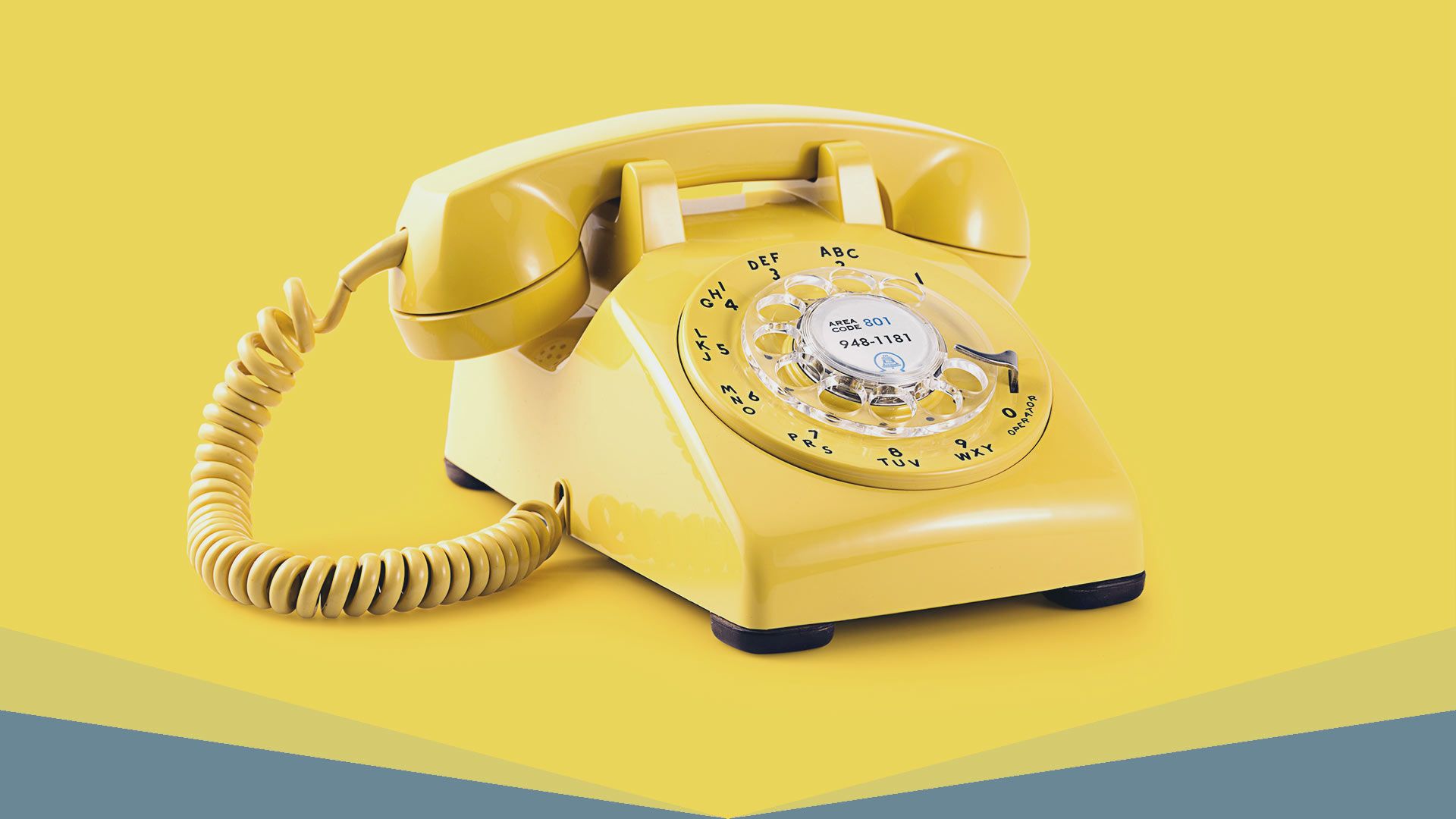The 5 Best Articles About Balancing Remote Work with the Rest of Your Life

by William Edwards

Some people have been working from home for years. Others, months. But no matter how much of a veteran you are on the work-from-home scene, it can still be tough to balance work with other aspects of your life. Despite all the benefits of remote work, like more freedom and flexibility (Should I work by the pool today?), it does come with challenges.
Distractions abound (Is someone frying bacon?), separating work and leisure time can prove difficult (Must resist urge to open email), and working away from the office means you might miss a sense of camaraderie and connection with colleagues (“Hey, want to pop out for lunch?” Um, never mind.)
As remote work becomes increasingly popular–or necessary–more people will be forced to confront these challenges. To help you navigate them, wrkfrce has compiled the best advice on how to stay productive, focused, and sane while working from home. Take a look.
How to Make Your Workday Less Stressful
Bruce Daisley’s Wall Street Journal piece, “Nine Ways to Make Your Work Day Better,” adapted from his book, Eat Sleep Work Repeat: 30 Hacks for Bringing Joy to Your Job, provides solid tips on how to be happier in your work, remote or not.
Perhaps the suggestion most pertinent to remote work, from the former European vice president of Twitter, is to cut yourself off from email on weekends. But others can be adapted to remote work life. For example, “No phones during meetings” can translate to turning off your phone to avoid distractions when you need to be productive, and “grab a coffee with a colleague” can mean setting up a video conference with a coworker, or meeting up in person if you’re in the same whereabouts.
How to Keep from Being Panicked About Working from Home
Time management coach Elizabeth Grace Saunders highlights strategies for keeping your productivity up while working remotely in her piece for Fast Company, “Panicked About Working from Home? Here’s How to Do It Right.”

Her strategies include tips like seeking out social interaction, compartmentalizing work and nonwork activities, having a dedicated office space, developing a routine, and sticking to certain work hours.
Staying Sane While Working Remotely
“How to Stay Sane While Working From Home,” by Aytekin Tank, founder and CEO of JotForm, in Entrepreneur, touches on setting ground rules with other people with whom you might be sharing home office workspace. The article also discusses the psychological effects of comparing office work to remote work, and advises making sure to have the proper infrastructure to make your remote work run smoothly.
How to Be More Productive and Mindful When Working from Home
Psychotherapist Bryan Robinson wrote #Chill: Turn Off Your Job and Turn On Your Life. In his article for Forbes, “9 Tips to Be Productive When Working at Home During COVID-19,” Robinson recommends putting on ambient noise—for example, recordings of soft music combined with rain, waterfalls, or waves—to block out other distracting sounds.
He also advises stowing the devices you use for work after you clock out for the day and getting outside more regularly.
“Put away your electronic devices and work tools just as you would store carpentry tools after building shelves or baking ingredients after making a cake,” he writes. “Keeping work reminders out of sight keeps them out of mind and helps you relax and recharge your batteries.”
Keep in Touch with Colleagues

In “5 Tips for Staying Productive and Mentally Healthy While You’re Working From Home,” Patrick Lucas Austin, technology columnist at TIME, recommends finding a buddy–whether a colleague from work or a friend–to contact frequently, since social interactions happen less often when you’re working remotely. He also notes that talking over video chat is more socially fulfilling than chatting over text or on platforms like Slack.
The article also recommends using multiple forms of communication to stay in touch with colleagues, like Zoom or less formal messaging apps, rather than relying on email, especially since your usual face-to-face contact is lost when you’re working from home. Lastly, Austin reminds readers to keep in mind how people’s work habits vary, and to be sensitive to and accommodate that fact.
Use Your Resources to Be Well Prepared
So, while working remotely has many benefits, remote work may still affect you in a lot of expected and unexpected ways. For example, you may struggle to keep a work-life balance or find yourself feeling lonely. Doing what you can to combat the downsides will help you stay sane, productive, and focused. Plenty of resources (including the ones above) are available to help you as you begin, or continue, to navigate the work-from-home terrain. Use them to your advantage to be perfectly prepared to reap all the benefits of remote work.









